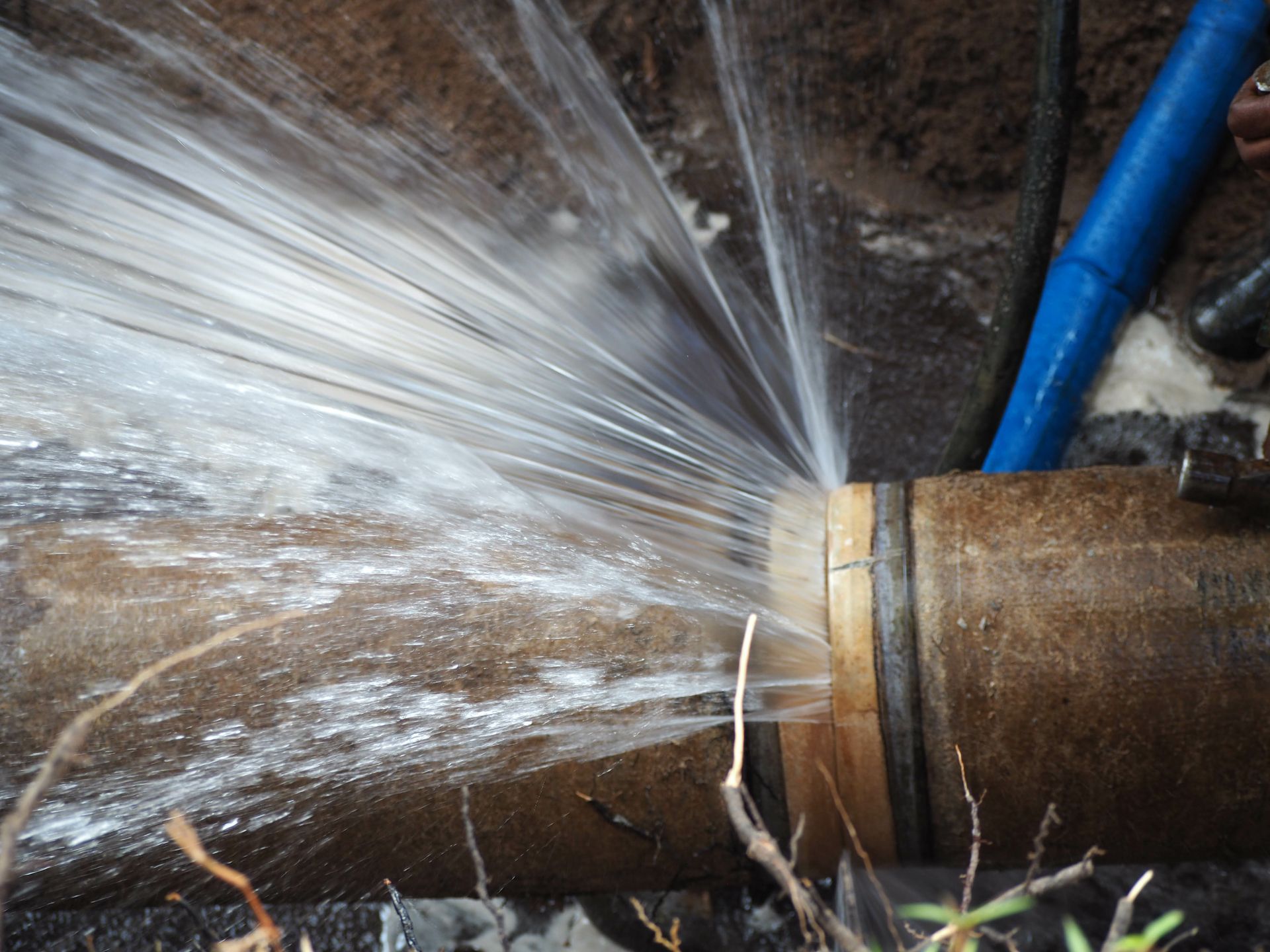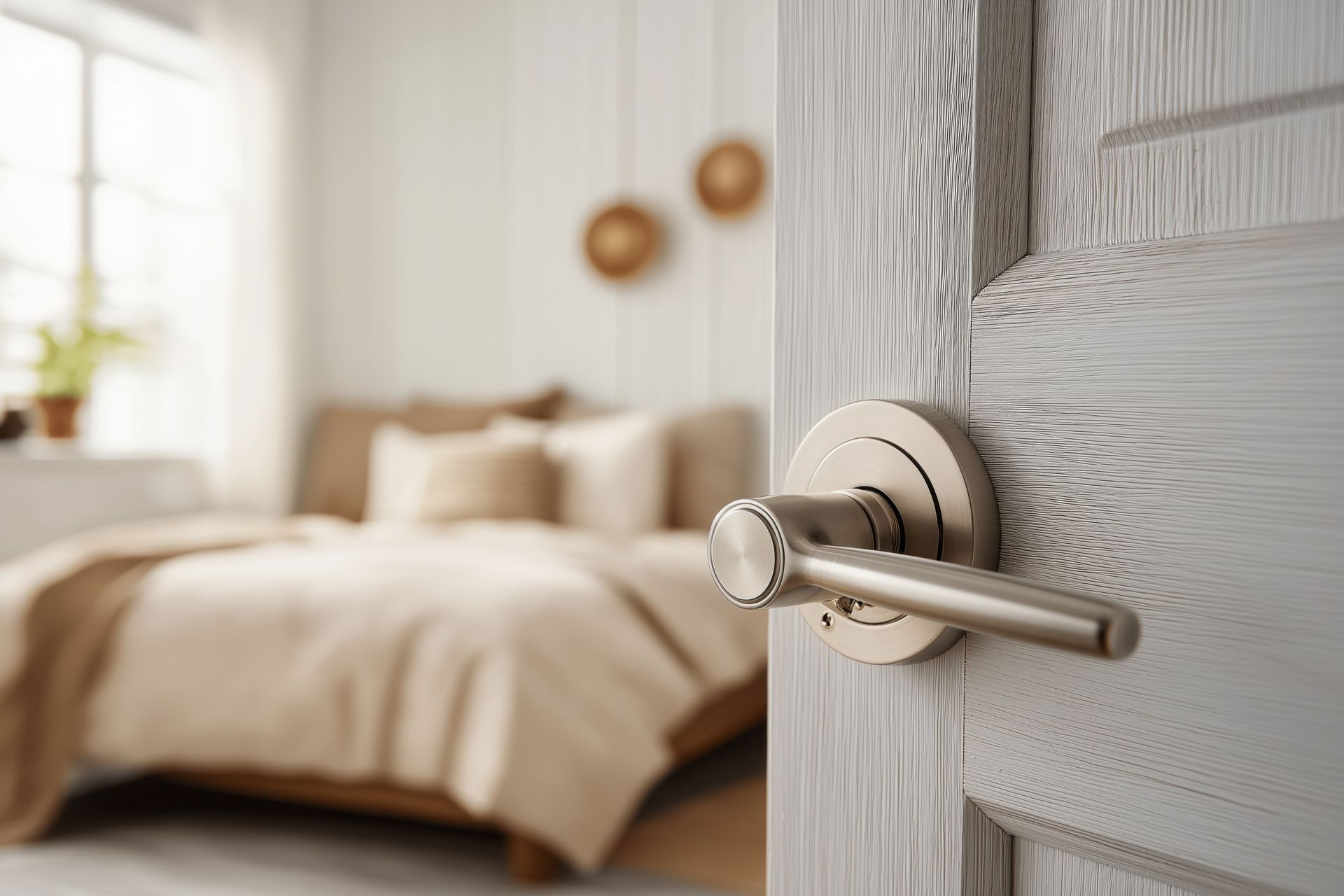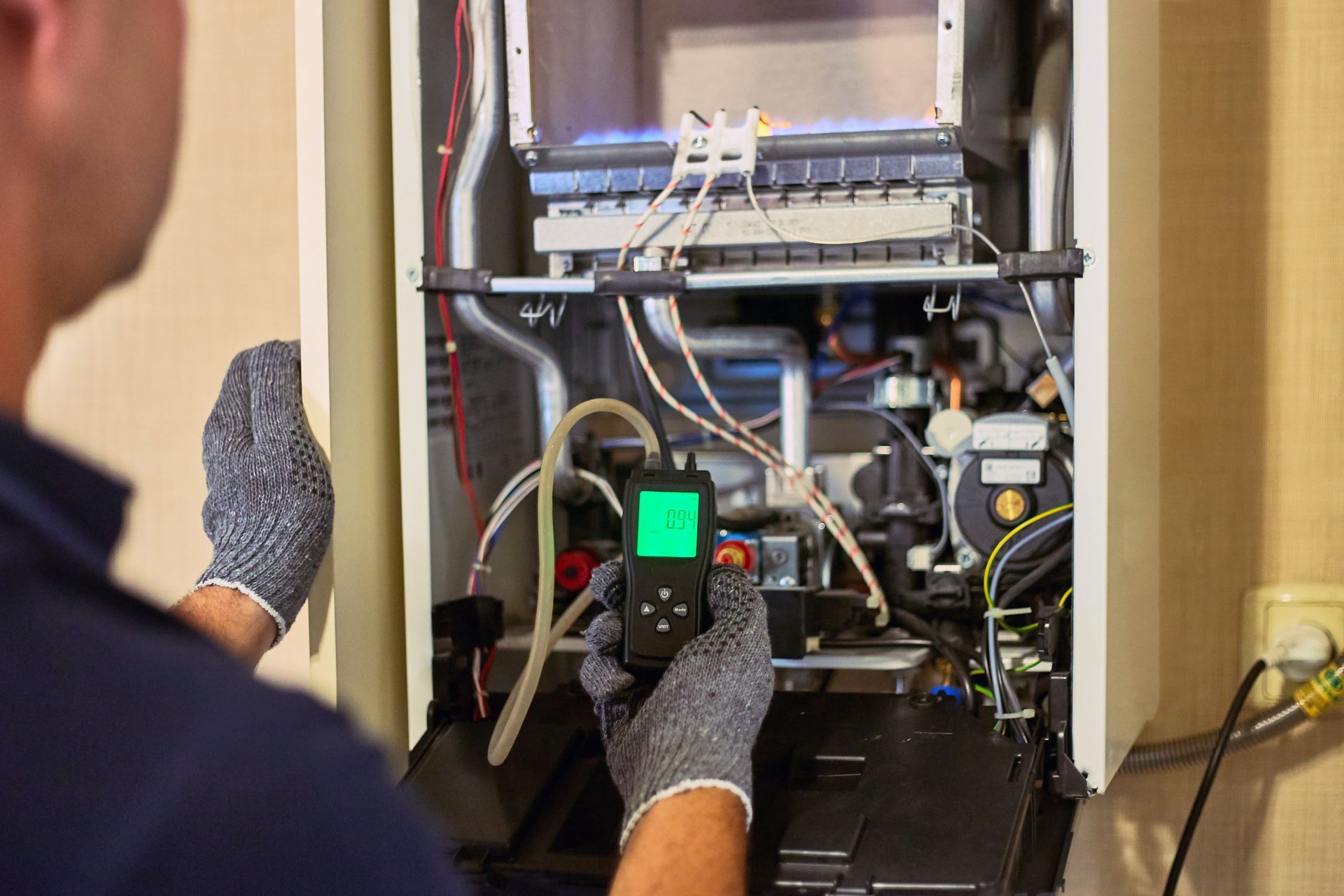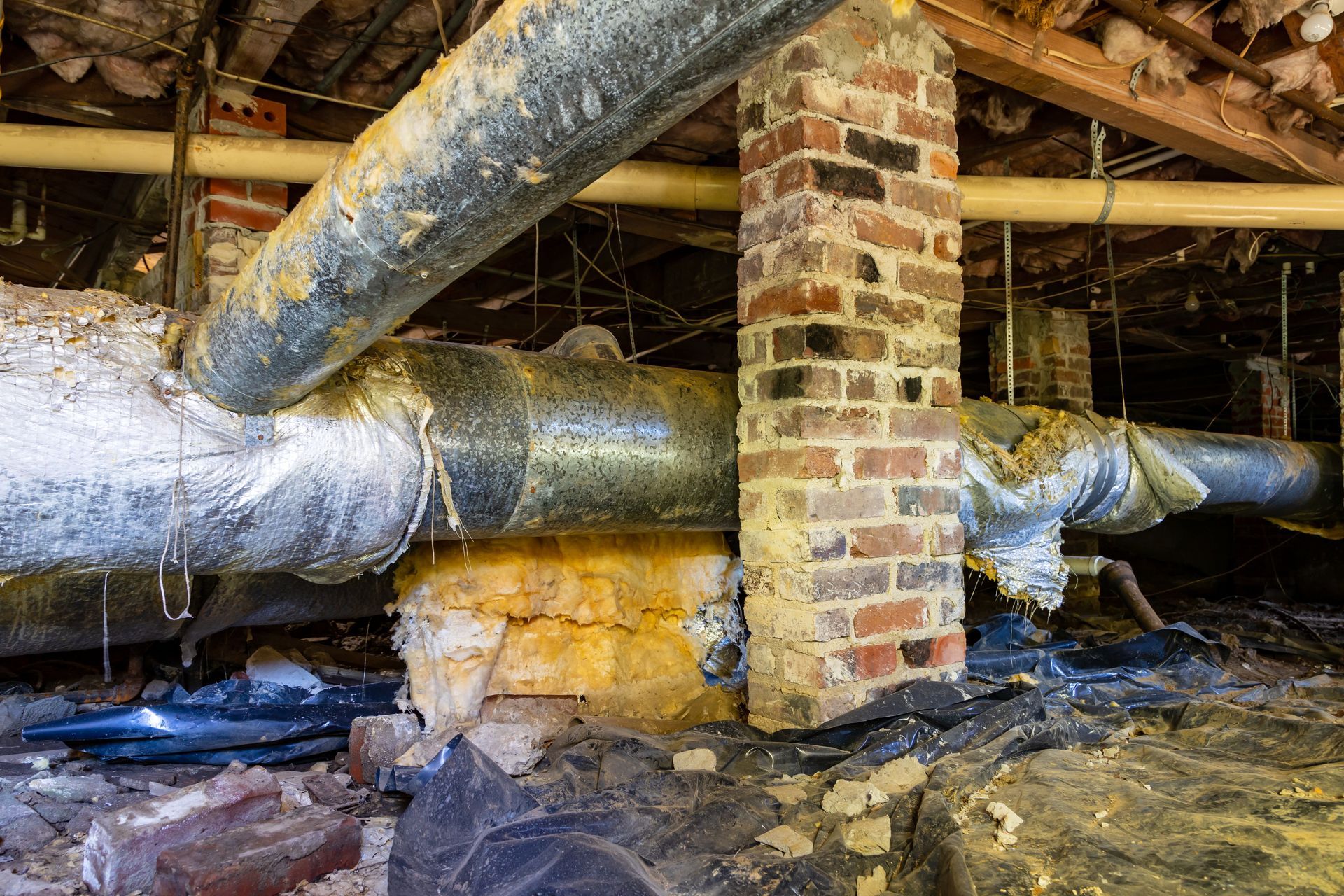How to Prevent Burst Pipes Before Fort Worth’s First Cold Snap

Fort Worth homeowners know how unpredictable North Texas winters can be. One week feels like spring, and the next can bring a hard freeze overnight.
The dramatic temperature swings are what make the first cold snap of the season the most dangerous for your plumbing.
When pipes aren’t insulated or drained ahead of time, prolonged freezing overnight, even in the low 30s, can cause trapped water to freeze, expand and rupture weak joints as it thaws.
Why Most Burst Pipes Happen During the First Cold Snap
The majority of freeze-related plumbing failures in North Texas happen early in the season. Many homeowners are lulled into a sense of security by months of warm weather and mild evenings. The first freeze can come on fast and unexpectedly in late fall or early winter, leaving outdoor faucets, irrigation systems and exposed lines particularly vulnerable.
The unexpected arrival of freezing night temperatures isn’t the only factor to worry about. Clay soil movement during Fort Worth’s dry summers can shift plumbing lines, stressing joints and fittings. UV exposure and temperature changes weaken old exterior insulation. When that first hard freeze arrives, water expands inside the pipe and builds pressure until the weakest point gives way, sometimes several feet from where the ice actually formed.
Later freezes tend to cause less damage because the pipes most likely to fail have already done so or have been repaired. That’s why the early-season cold snap consistently causes the biggest surge in burst pipe calls for Fort Worth plumbers.
Where Bursts Actually Happen
Much attention is paid to exposed outdoor pipes, and for good reason. They are the most obviously vulnerable and will typically be subjected to below-freezing temps for longer than any other pipes on your property. Because homeowners know this, those outside pipes are the ones most often insulated ahead of time.
Unfortunately, some of the other common failure points are hidden indoors in areas where warm air doesn’t circulate freely.
- Exterior walls and crawl spaces: Pipes running along outside walls or through uninsulated crawl spaces are directly exposed to the cold.
- Garages and attics: These areas may not be heated, allowing overnight freezes to affect plumbing that serves water heaters or utility sinks.
- Under-sink cabinets: Closed doors trap cold air around pipes on exterior walls, accelerating freezing.
What to Check Before the First Freeze
- Insulate exposed lines in attics, garages and crawl spaces using foam sleeves.
- Disconnect and drain outdoor hoses and shut off the valve supplying exterior faucets if forecasts predict six or more hours of overnight freezing temps.
- Cover hose bibs with insulated faucet socks for added protection.
- Seal wall penetrations and cracks around plumbing where cold air can enter.
- Open cabinet doors on exterior walls during cold nights to let warm air reach the pipes.
Those steps are typically enough for Fort Worth homeowners. Going the extra mile by installing frost-free hose bibs or thermostatic heating cables can be overkill, but if you’re particularly worried, or you’ve had recurring issues with burst pipes outdoors, you might want the added protection.
Fast Response for Burst Pipes in Fort Worth
There’s a reason burst pipes are among the top home insurance claims nationwide. During the major freeze event in 2021, they briefly became the leading cause of insured home losses in Texas due to tens of thousands of claims.
Don’t let the nice days in the 70s fool you. Cold nights can arrive fast and sometimes before your home is ready to deal with them.
If you have any plumbing issues or burst pipes this winter, call Tom’s Mechanical at 817-277-4493. Our 24/7 plumbers are ready to be dispatched to provide fast, dependable pipe repair.



